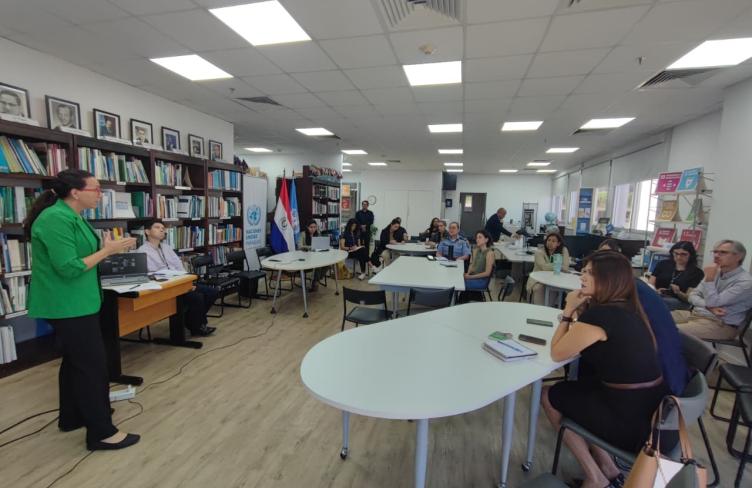
The role of National Human Rights Institutions is to protect and promote human rights, and to prevent violations. But how can we do this more effectively? One way is to improve monitoring and collection of data.
At the Human Rights Commission of Timor Leste we are monitoring human rights violations, such as cases of torture and ill- treatment by security forces. For example, between March and August 2015 there was a joint operation of security and police forces against so called illegal groups. The Human Rights commission collected information on allegations of torture and ill-treatment. National Human Rights Institutions are supposed to have good systems, or internal mechanisms, to guarantee accountability for all cases that have been registered. It should also be easy to find and follow up on all the recommendations that have been submitted to relevant authorities. For us, this was a major challenge. The information had to be stored safely, but we did not have a good system to monitor and collect data on torture.
Therefore, as part of the APT/APF Torture Prevention Ambassador’s project, the Human Rights Commission of Timor Leste decided to focus its efforts on improving the internal capacity for collecting and filing data on human rights violations. As a result of the project, we have now developed a database and a filing system and trained staff on how to maintain and use it. We now do not only have access to accurate data ourselves, we can also provide others with information. Before, when non-governmental organisations asked us for statistics on cases of torture and ill-treatment, we could not give them reliable numbers.
A key lesson learnt from the project is that in order to address torture, National Human Rights Institutions need to strengthen their own capacity and develop the tools and resources they need to carry out the work.
Sidonio Soares is working at the Human Rights Commission of Timor Leste. This is the first part in a series of blog posts by participants in the APF/APT Torture Prevention Ambassador’s project.
Training of staff at the regional offices of the Timor Leste Human Rights Commission on how to use the database. A significant challenged faced in Timor Leste is the lack of technical capacity at the regional offices. Many do not have internet access, and have to use an internet café to upload data to database.


